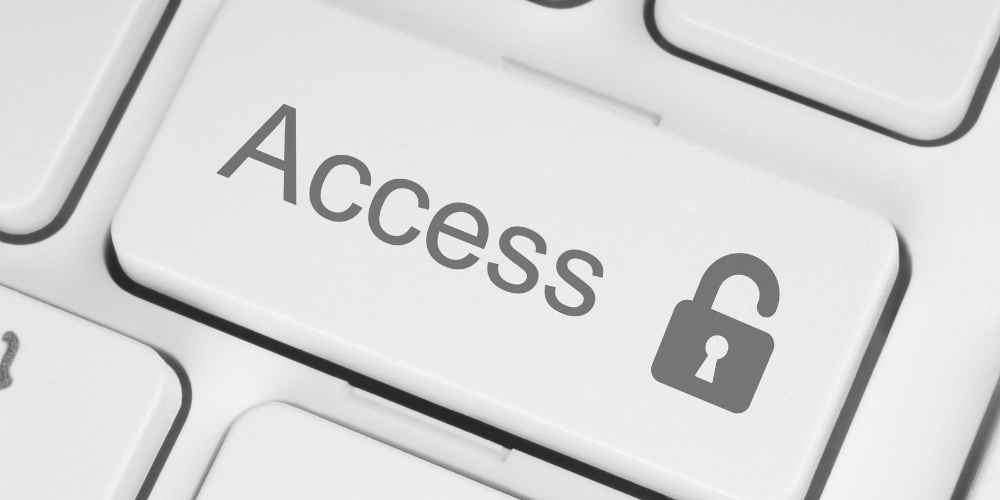Educational institutions collect vast amounts of data on students. They store the personal information of teachers and staff. Also, there is increased use of technology in classes as well. As a result, data privacy is a critical concern in schools. And it is more important than ever to safeguard this sensitive information. Establishing a culture of data privacy must take paramount importance.
1. Establish clear policies and procedures
From network security to student records, data privacy touches every aspect of operations. So, educational institutions must establish clear policies and procedures.
School administrators must create a privacy plan that includes risk assessments. It is also critical that they disseminate and follow them through. That way, schools can protect their students’ personal information.
Read: 10 Free Android Apps To Monitor Your Kids Smartphones
2. Conduct a thorough review of policies
Often college students seek online help from professional essay writers for their assignments. Conduct a review of the privacy policies and procedures of the essay paper services. Do this before contracting. This should include data security practices. When in doubt of the integrity of services, do a Google search for do my homework for me service EduBirdie if you need help with your assignments. They need the least amount of personal information.
Students should include privacy provisions in their contracts with research paper services. The provisions should outline the responsibilities of the service for protecting personal information. The service must follow all applicable privacy laws and regulations. Also, use secure file-sharing and encrypted email when sharing lesson plans. And anonymize or use pseudonyms instead of real names. These are best practices that will ensure privacy.
3. Limit information collection in schools
The use of digital devices and technology has become more prevalent. As a result, people are growing concerned about information protection. Collecting browsing information, online activity, and student information has become commonplace. But the collection of excessive data raises serious privacy concerns.
To build a culture of information privacy in schools, it is a must to set clear limits on data collection. Establish strict policies for how the staff store, share, and use data. By doing so, schools can ensure that they can protect students’ privacy rights. They can still enjoy the benefits of technology in the classroom. And this, too, without compromising information.
4. Train staff on information privacy
In today’s digital age, privacy is an ever-present concern, especially in schools. This is where a lot of sensitive information is being shared and handled. So, it is crucial to train staff on privacy. This is to build a culture of awareness around protecting information. This involves understanding the legal and ethical considerations of information privacy.
By implementing secure data handling practices, schools can build a culture of trust. Updating security protocols can also go a long way. They can equip everyone involved with the tools and knowledge. Through education and training of staff on data privacy, they can keep the information safe.
5. Educate students on data privacy
School authorities must educate the students about the consequences of an information breach. They should make the students aware of the significance of data privacy. Encourage them to limit the sharing of online personal data.
Educate students about the consequences of data leakage. Sensitize them about the impact of information theft. This can prepare them for potential digital. This is the preliminary step in fostering a safe digital environment.
6. Strong data security measures
The university servers contain a huge treasure trove of sensitive information about students. They store and archive them for administrative purposes. That is why they need to put in place strong measures for privacy and safety. They must adopt effective cybersecurity procedures and policies. Also, conduct awareness programs and regular training to foster a data privacy culture.
This will protect against cyberattacks and breaches. It can also establish confidence and trust in the ability of the institution. By prioritizing privacy, they can create a secure environment for all.
7. Get consent
Schools accumulate a vast amount of student data. This is essential for the effective functioning of the school. But get consent before collecting the information. This is the best way to build a culture of data privacy. That way, they can feel safe and secure about sharing the information.
Get consent from various stakeholders, including students, parents, and teachers. Also, inform them why you are collecting the data. This is fundamental to building data privacy culture.
Next: Why Do Law Enforcement Use Fingerprint Scanners?
8. Track unauthorized access to data
This is a hot topic in education. The teacher of students collects and utilizes more information than ever before. But, with so much data at risk, schools must take steps to see who has access to this information. By building a culture of data privacy, schools can ensure that student data stays safe and secure.

Schools should see who has access to personal data. They should limit access to only those who need it for educational purposes. Data access should be logged and reviewed. With the right tools and policies in place, schools can check access to sensitive information. They can identify any unauthorized attempts to manipulate it.
9. Respond to data breaches
Data breaches have become a growing concern in schools. So, administrators and educators must take a proactive approach. They should work towards building a culture of data privacy. It is not enough to respond to these incidents after they occur. Instead, a holistic approach that encompasses both prevention and response is needed.
By investing in the right tools and training, schools can create an environment where information privacy is a top priority. Schools should take the lead in protecting sensitive information. It instills confidence in students and their families. Building a culture of information privacy requires a commitment to continuous improvement.
10. Secure devices and networks
As technology continues to advance, it is becoming increasingly important for organizations to focus on securing their devices and networks. Ensure that they are secure by implementing firewalls, antivirus software, and encryption protocols.
In today’s world, data breaches and cyber attacks are becoming more and more prevalent. By prioritizing information privacy and security, we protect ourselves and also build a trustworthy and secure society. Through a combination of education and best practices, we can create a safe online environment.
Bottom line
Schools have a responsibility to build a culture of data privacy. And to build a culture of data privacy in schools, it is important to put proactive measures in place. By doing so, schools can protect sensitive information. It builds trust with students and parents. It creates a safe and secure environment for all members.












